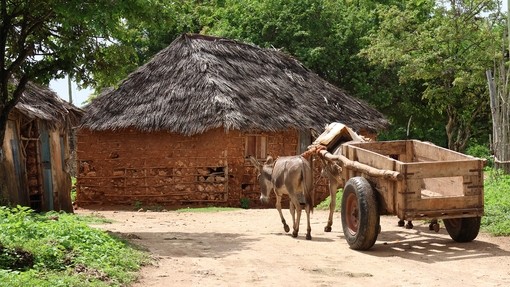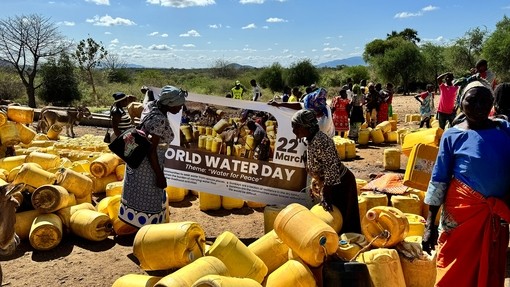
Improving the lives of donkeys and those who rely on them
In rural Afghanistan, donkeys play a vital role helping families generate an income by supporting farming activities. They are also essential for transporting food, water and goods to isolated communities who don’t have access to other transportation.
In July last year, The Donkey Sanctuary began working in partnership with DCA – the Dutch Committee for Afghanistan – on a project to improve the welfare and wellbeing of working donkeys in the country.
The DCA is a non-profit humanitarian and livelihoods organisation that has been working in Afghanistan since 1988.
War and natural disasters have all resulted in the destruction of natural resources in the country. This has contributed to over 50 percent of the national population being below the poverty line.
The overall goal of our project with DCA is to boost the welfare of working donkeys in Afghanistan, in turn positively impacting the wellbeing and resilience of their owners. We hope by addressing the needs of both, this project will lead to a more positive outlook for donkeys longer-term.
Raymond Briscoe, Consultant for External Affairs at DCA, says: This is a very important partnership to DCA as it builds an integral part into our programme on the welfare of donkeys.
“It gives us a chance to bring awareness to donkey owners of the benefits that a donkey brings both economically and to livelihoods through the work they do transporting goods to market and bringing feed for other animals and transportation of all different sorts.”
We are working in three provinces identified by the DCA as having the highest risk of poor welfare for donkeys: Badakshan, Takhar and Bamyan.
Through the project, we aim to build compassion for donkeys among donkey owners and improve farming practices.
We also aim to improve the animal health and welfare system, improve access to good, affordable veterinary services, improve government policies around donkey welfare and ensure better donkey shelters and facilities.
In the initial phase, we are working to directly benefit 2,000 working donkeys through more than 1,300 owners, who will be educated on best welfare practices.
As the good practices we teach spread through donkey-owning communities, we hope thousands more donkeys will benefit indirectly in the future.
Raymond concluded: “This partnership directly benefits working donkeys as the funding allows the DCA to bring awareness and education to donkey owners on the best welfare approach for keeping donkeys. It also brings best practice to the owner for improving the income the livelihoods and sustainability of other livestock that the owner has.”
We know that meeting the needs of donkeys in Afghanistan will take time and we are committed to supporting work there for as long as it takes.
Your support makes stories like this possible
Share this page
Tags
- News





